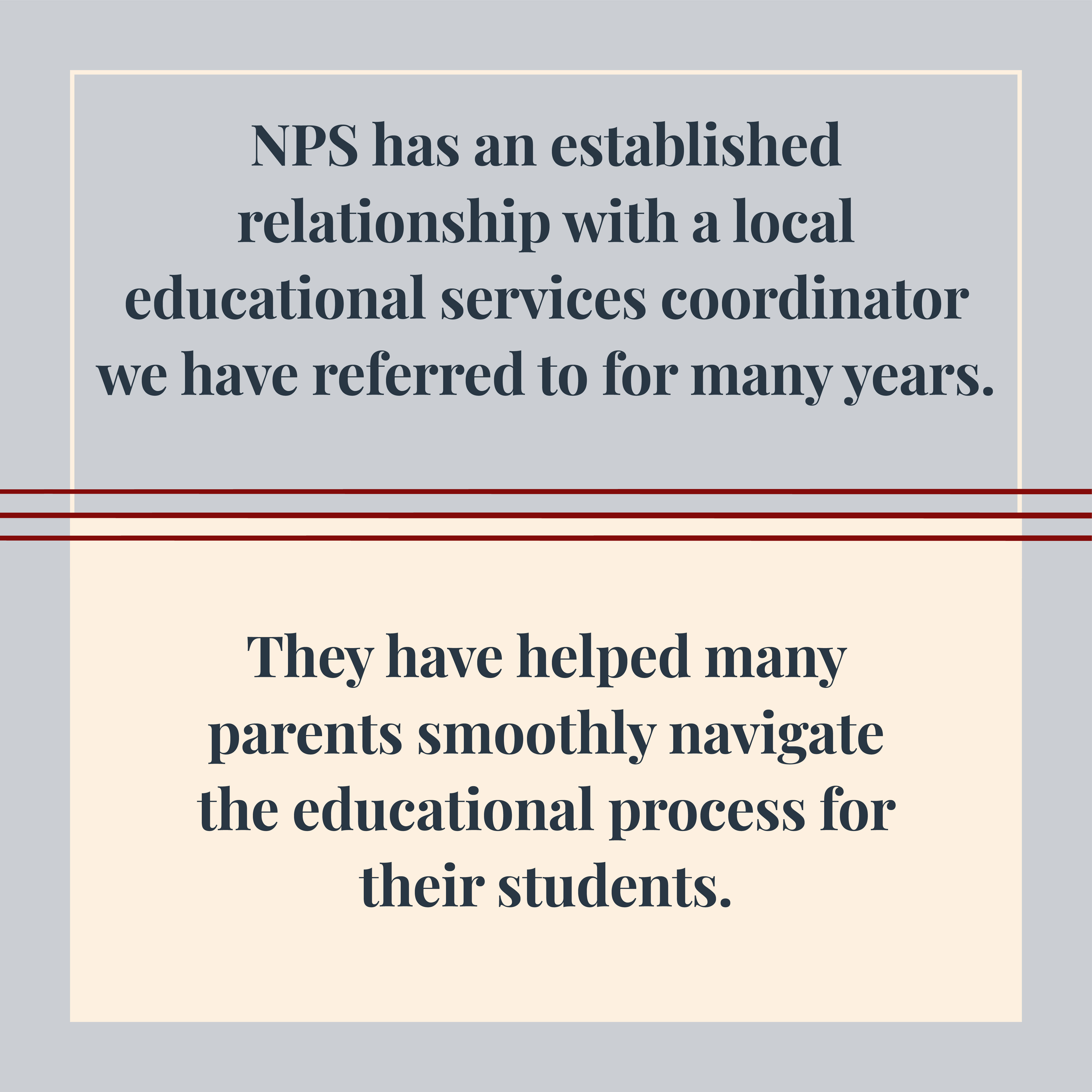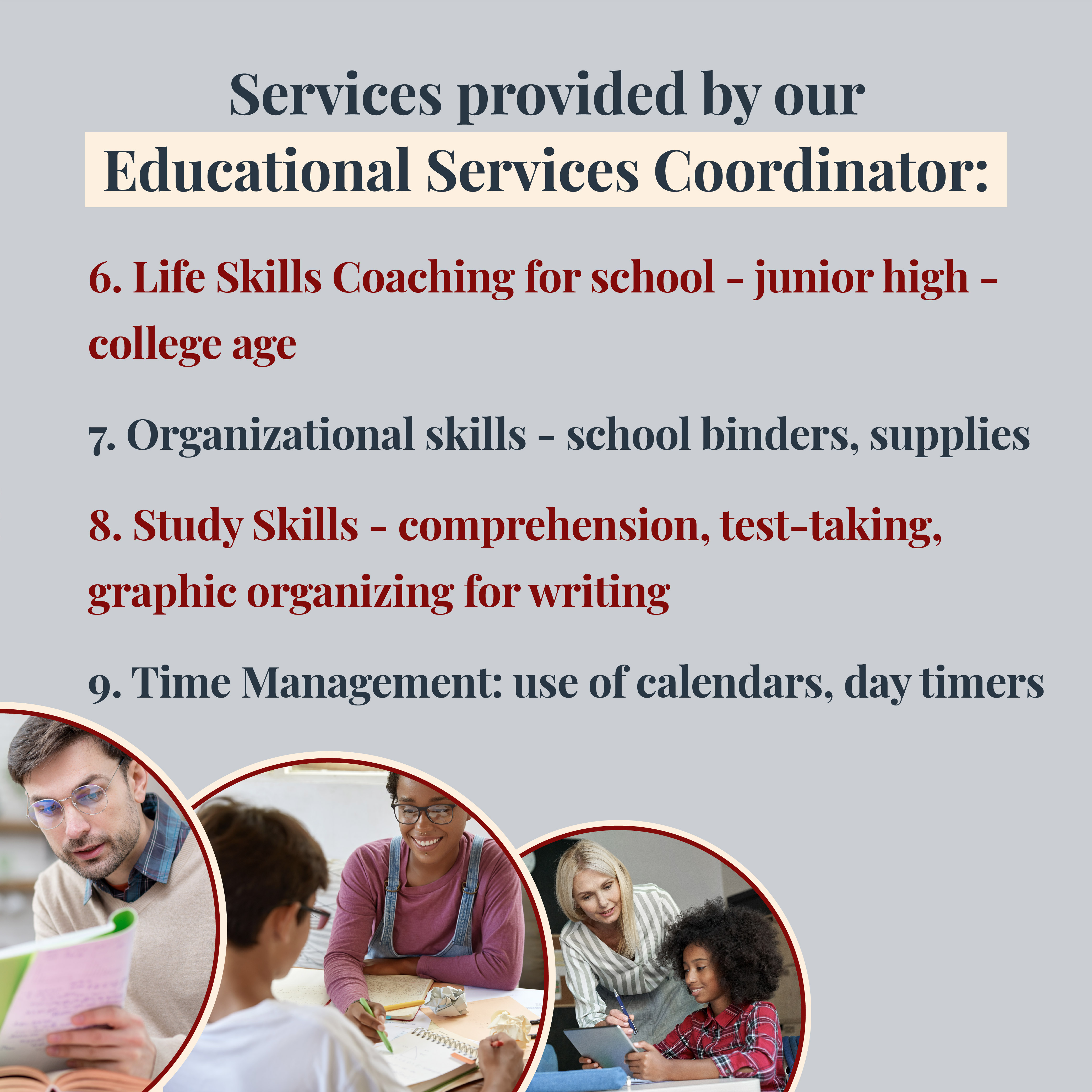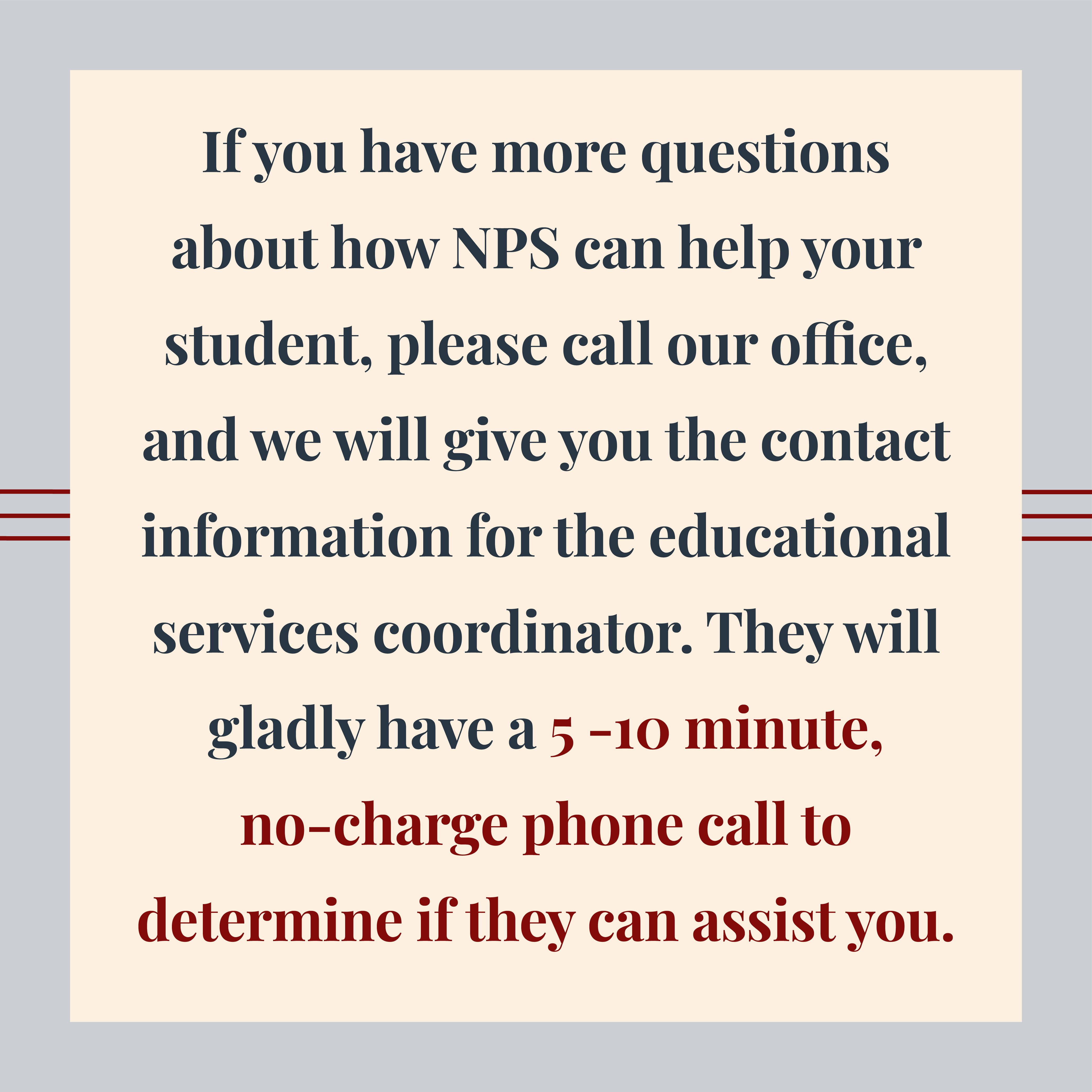What Is Dyslexia and How Can Counseling Help?
Dyslexia is a common, and commonly misunderstood, disorder. It affects around 20% of people in the United States and around 80% of children who are enrolled in special education.
Contrary to popular belief, dyslexia is in no way related to intelligence. A child with dyslexia has just as much educational and creative potential as any other child. However, dyslexic children do benefit from small group and individual instruction. And counseling may also help young people with this learning disability.

If you believe your child could be dyslexic, we recommend that you push for a diagnosis. Your child may have dyslexia if he or she . . .
- Is a late talker
- Finds it difficult to form words correctly
- Confuses words that sound similar
- Struggles to remember letter names, colors, or numbers
- Needs to reread sentences slowly to understand them
- Is unable to sound out new words
- Struggles to pay attention or follow instructions
- Avoids participating in activities that involve reading
Most children are ready to begin reading in Kindergarten or first grade. If your child has fallen behind the progress of their peers, it may be time to ask their healthcare provider about dyslexia. An early diagnosis can make a big difference in avoiding developmental delays and helping your child become a confident reader.
If you think (or know) that your child is dyslexic, it can also help to know more about the disorder, its origins, and the best methods of treatment. We’ve outlined some important information below.
What Causes Dyslexia?
Dyslexia is categorized as a genetic neurobiological condition. So if your child has an immediate family member with dyslexia, they are more likely to experience the condition themself. Your child may also be at higher risk of dyslexia if they suffered an infection, toxic exposure, or other traumatic event in utero.
What Are the Treatments for Dyslexia?
As a neurobiological condition, dyslexia cannot be cured. However, there are tools, habits, and practices that can help your child find success at home, in school, and later in life.
Multisensory Instruction
Having a dyslexic child use their other senses during instruction can help them better process information. For example, using a finger to trace letters and write words in the air can make it easier to recall the information later on.
Reading Out Loud
Students with dyslexia often struggle with reading accuracy and comprehension. Creating a daily habit of reading out loud can allow for improvement in these areas and in pronunciation. If your child is still not reading, you can begin building the practice now by reading aloud to them each day.
Finding Extra Support When Needed
Talk to your child’s school to learn more about their programs and practices for dyslexic students. Because dyslexia is classified as a learning disorder, schools are required by law to provide dyslexic students with Individualized Education Programs that are tailored to their specific needs.
In addition to in-school programs, there are plenty of other resources available for teachers and parents of dyslexic students. Talk to your school counselor about where and how to get started. Or, get in touch with Neal Psychological Specialists to learn more about what we recommend for our clients with dyslexia.
How Can Counseling Help Children with Dyslexia?
It is not uncommon for children with dyslexia to experience bouts of anxiety, depression, or social withdrawal. It can also cause various time management hurdles for students as they require extra time to complete reading and writing assignments. Counseling can address each of these challenges–and more.
Remember, dyslexia won’t go away as a child ages. So the earlier they can build healthy habits and learn effective coping tools, the better. At NPS, our counselors are trained to help people of all ages reduce their anxiety and stress, develop quality social skills, build stronger relationships, and achieve a higher quality of life.
We trust that you are doing everything you can to ensure a happy and successful life for your dyslexic child. Our team is here to help shoulder the burden and lend our professional expertise along the way.
How Can Counseling Help Adults with Dyslexia?
Dyslexia doesn’t disappear after childhood. Because there is no cure for the disorder, it is a lifelong condition. If you are an adult with dyslexia, you may find that you continue to struggle and/or find new challenges in your day-to-day life.
It’s also possible that you have experienced dyslexia your entire life and never obtained an official diagnosis. Believe it or not, this is not uncommon. Whatever the case, NPS is here to get you started on the path to a better future.
We can give you personalized guidance for navigating issues in the workplace and in everyday life. Many of our counselors specialize in Cognitive Behavioral Therapy, which works to help clients break down complicated problems into smaller, more manageable, parts. If your dyslexia causes you self-esteem, anxiety, or anger issues, please don’t wait to call. You don’t need to continue shouldering this burden on your own.
How Do I Set Up My 15-Minute Meet & Greet?
When it comes to counseling for dyslexia, it’s important to find a great therapist-client match. To ensure we connect you with the best counselor for your needs, we offer free 15-minute meet & greets for all new clients. Setting up your appointment is easy: simply give our office a call at (815) 477-4727 to tell us more about your situation.
Are you ready to take the next step?
CONTACT US AND SCHEDULE YOUR FIRST APPOINTMENT TODAY.









